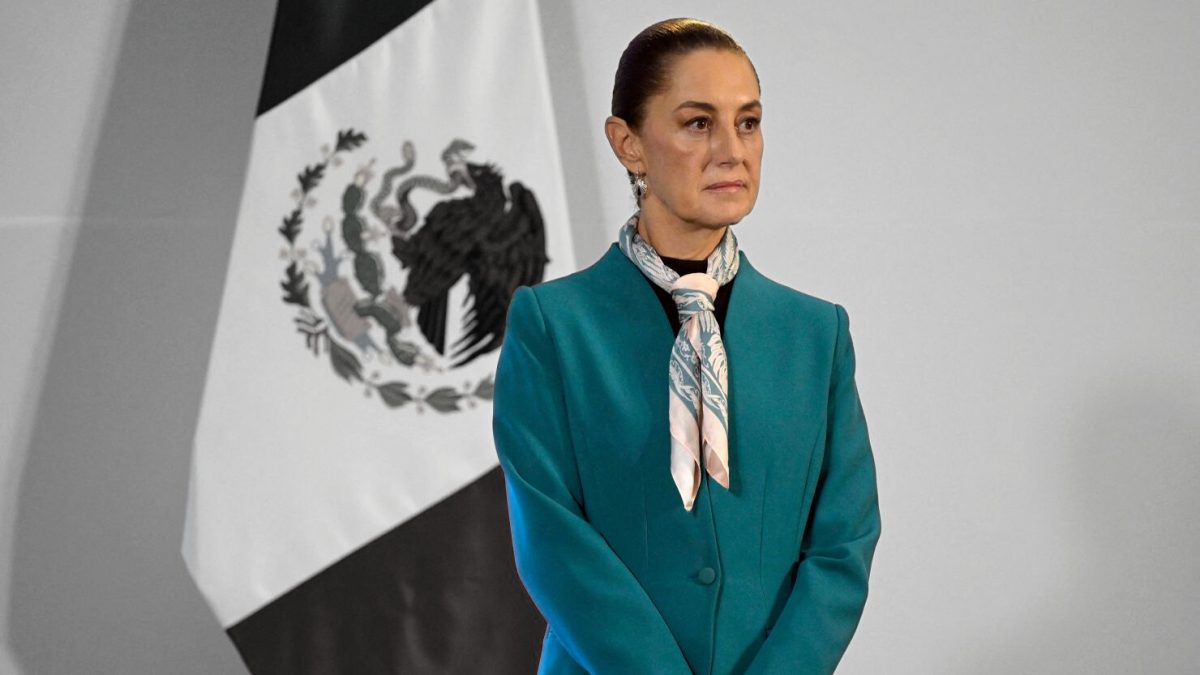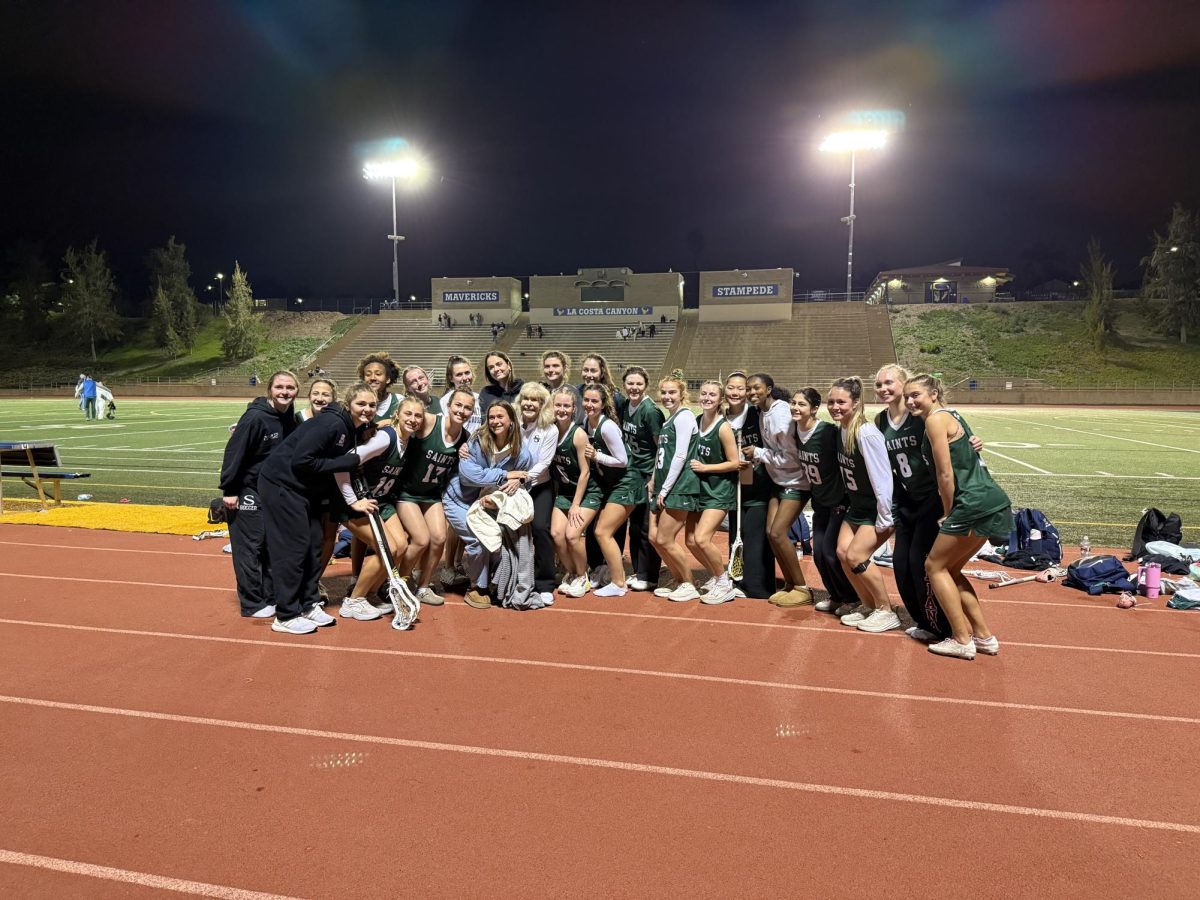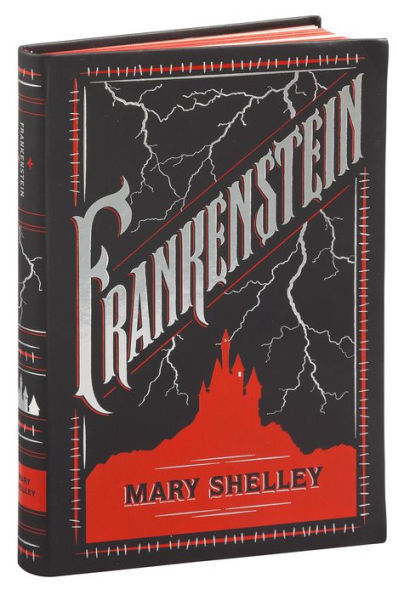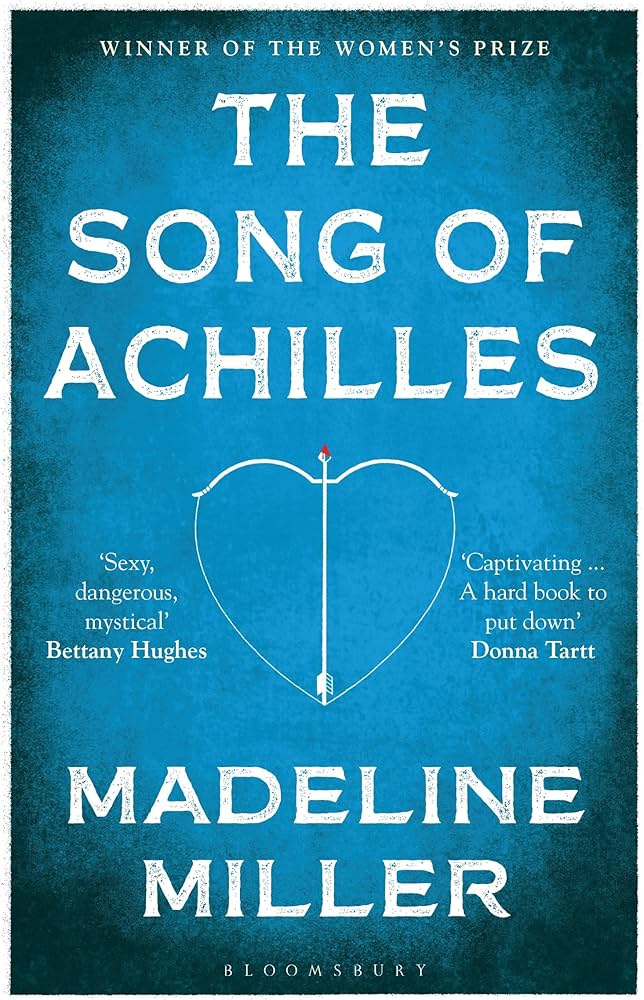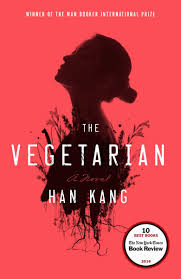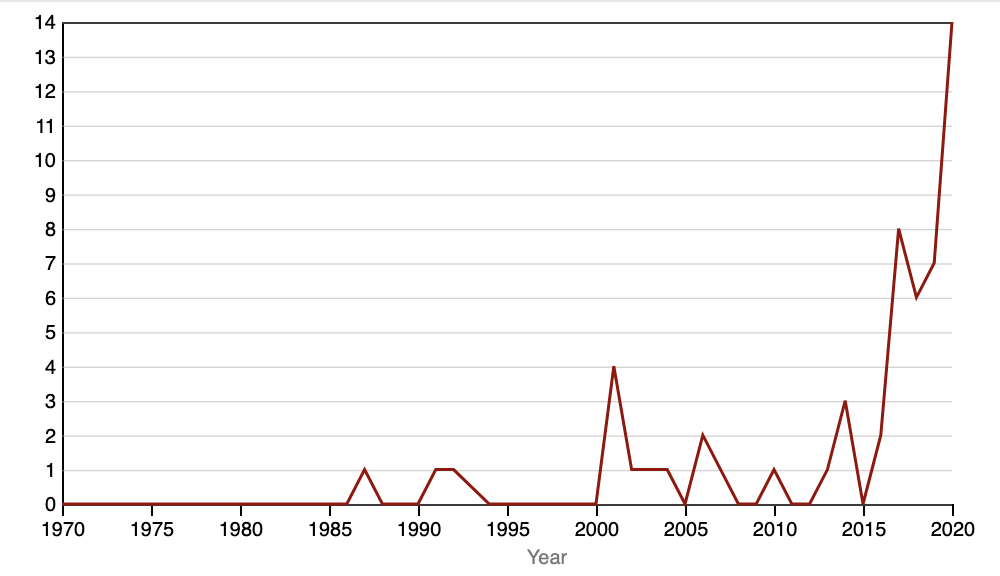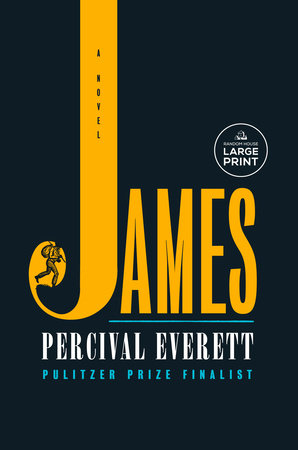
On November 12, the prestigious Booker Prize was awarded to Samantha Harvey’s novel Orbital, to the surprise of many people. While a popular book, Orbital, as well as all the other Booker Prize nominees, seemed to be overshadowed by a much more talked about and widely acclaimed Percival Everett novel, James. So, it seems appropriate that James won the National Book Award only eight days later.
For this article, I decided to read and review James instead of Orbital for two reasons: the first, that James seemed to have broader popularity than Orbital did, and second, because I did not want to put James down to read a different book. James is an extraordinary work of fiction, one which is almost always clever and memorable, and which I must admit has been one of my favorite books released so far this century. But is James “great literature?” Does it have the potential to become a classic of the Western Canon? All these questions and more will be answered in this in-depth book review with some spoilers.
Before I give a plot summary, I believe it is important to first mention what kind of an author Percival Everett is. Everett is an African-American author who is best known for his explorations, commentaries, and satires of racial identity in America. His arguably best known book is a 2001 novel titled Erasure, which is mainly a critique of the publishing industry towards black authors and a critique of African-American literature as a whole. James is very similar in the sense that it is also a commentary on race in America.
Most simply, James is a reimagining of Mark Twain’s classic novel The Adventures of Huckleberry Finn, a story originally about a young man named Huck who escapes from his father and joins the runaway slave Jim down the Mississippi River. The titular James in Everett’s novel is Jim, who narrates the book in first person. James is characterized very differently than Twain’s Jim is. In The Adventures of Huckleberry Finn, Jim is never shown to be very smart, believing strongly in superstition and doing virtually everything characters tell him to do.
Everett’s James flips this narrative on its head. James is shown to be an extraordinarily intelligent man, who reads, writes, and holds philosophical debates in his imagination with Enlightenment Era philosophers. The reason why Huckleberry Finn and all of the other white characters in the book see James as less intelligent than themselves is because that’s how he wants them to see them. In Everett’s world, slaves are forced by society to act less intelligent than they are and to speak in brutalized language for safety. James lets readers know early on that the White slave owners become afraid when they have to face the fact that slavery is unjust and evil by seeing black people as equal human beings, and in that fear they will often become more violent or cruel. All of the Black characters in the book are practically forced by society to be submissive and less smart around white characters for safety. Scenes such as these become agonizing in the book, especially when James is alone with Huckleberry Finn.
Early on in the novel, James learns that he is going to be sold, and that his wife and daughter will not go with him. In fear, he runs away, planning to somehow secure freedom and get his family back safely. In the process of fleeing, he runs into young Huck, and the two of them travel together for a long time. While they are together, James acts less intelligent because he does not want Huck to realize that he has been pretending to be someone he’s not his whole life, not because he fears Huck, but because Huck would then not trust him, and their relationship would sour. James is also wanted for the murder of Huck, as Huck faked his death before leaving, and most believe James to be the murderer. Therefore, if Huck were to leave him and was apprehended, Huck would not try to protect James if he did not trust him. This creates many scenes where Huckleberry Finn starts to piece together that slavery is evil and wrong, and James still cannot outright tell him how he feels. Rather, he finds a pencil and paper, and begins to write out his opinions on racial prejudice and slavery, even if no one will read his words.
The main point to James is the importance of standing up for oneself when faced with prejudice. Throughout the novel, all of the enslaved characters are unable to vocalize their oppression out of fear. James starts out this way as well, unable to argue for himself and stand up for himself. However, as the novel progresses, James undergoes a massive character shift, eventually revealing his true self to Huckleberry Finn, freeing several slaves, and fighting back against white oppressors. James’ courage first starts when he argues with an imaginary Voltaire (an Enlightenment Era philosopher) about why slavery is evil. This scene shows that James is so desperate to tell anyone about the wickedness of slavery that he is debating imaginary philosophers in his head just to speak about it to someone. From there, James finds a pencil and paper and begins to write out his emotions. These events eventually encourage him to fight back against oppression, and the novel ends with him and his family secure at the eve of the Civil War, suggesting a hopeful future because of James’ actions.
To answer the question of whether James is truly “great literature” and has the potential to become a classic, it is first important to address what “great literature” is. The quality of literature, and all of art for that matter, is ultimately subjective. However, I would argue that you can see that one novel is generally better than another by looking at how well thought out the novel is and how much effort was put into it. This characterization may seem vague, but I believe that it is all-encompassing and is a good way of differentiating between great and not great literature. After reading James, I do believe that it is a literary work of immense value. Everett is consistently clever throughout the novel, twisting familiar scenes from Twain, satirizing and commenting on modern society, and using well thought out metaphors and symbolism. While its potential to become a classic is unclear, as it is impossible to predict what remains relevant in the future. I do believe that James has the potential to be recognized for its worth in the future decades.
I had no idea what I was expecting going into James, but I was certainly not disappointed. James is a wonderfully insightful novel, filled with twists and big ideas which made me put the book down and think through what Everett was doing several times. I would absolutely argue that James is a work of great literature, and I can only hope that it remains relevant in the years to come.





